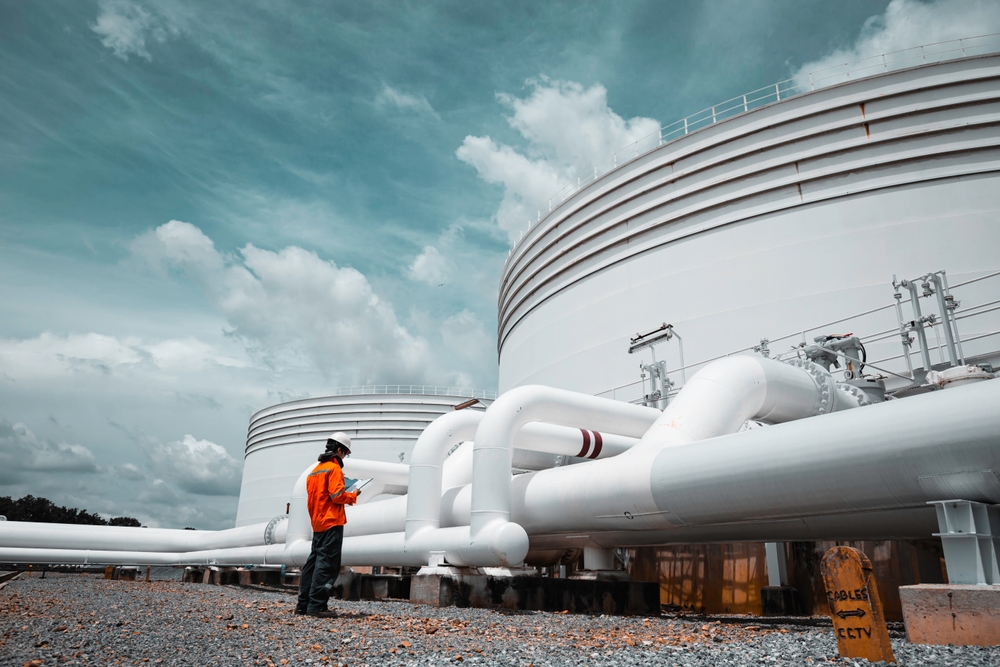
.jpg)
This course encompasses interface management of oil and gas projects with special emphasis on relationships between different project organizations, contractors, and stakeholders. It includes also approaches for detection, monitoring and control of problems, conflicts and other emergent phenomena at boundaries between different project activities for their perfect merging and effective realisation of the project.
| City | Start Date | End Date | Fees | Register | Enquire | Download |
|---|---|---|---|---|---|---|
| Amsterdam | 30-06-2025 | 04-07-2025 | 6200 $ | Register | Enquire | |
| Singapore | 07-07-2025 | 11-07-2025 | 5500 $ | Register | Enquire | |
| Dubai | 14-07-2025 | 18-07-2025 | 4300 $ | Register | Enquire | |
| Rome | 21-07-2025 | 25-07-2025 | 6200 $ | Register | Enquire | |
| Geneva | 28-07-2025 | 01-08-2025 | 5600 $ | Register | Enquire | |
| Kuala Lumpur | 04-08-2025 | 08-08-2025 | 4950 $ | Register | Enquire | |
| Madrid | 11-08-2025 | 15-08-2025 | 6200 $ | Register | Enquire | |
| London | 01-09-2025 | 05-09-2025 | 6200 $ | Register | Enquire | |
| Bali | 08-09-2025 | 12-09-2025 | 4950 $ | Register | Enquire | |
| Casablanca | 15-09-2025 | 19-09-2025 | 4950 $ | Register | Enquire | |
| Singapore | 22-09-2025 | 26-09-2025 | 5500 $ | Register | Enquire | |
| Dubai | 29-09-2025 | 03-10-2025 | 4300 $ | Register | Enquire | |
| Barcelona | 06-10-2025 | 10-10-2025 | 6200 $ | Register | Enquire | |
| Amsterdam | 13-10-2025 | 17-10-2025 | 6200 $ | Register | Enquire | |
| Kuala Lumpur | 20-10-2025 | 24-10-2025 | 4950 $ | Register | Enquire | |
| Madrid | 03-11-2025 | 07-11-2025 | 6200 $ | Register | Enquire | |
| Amsterdam | 10-11-2025 | 14-11-2025 | 6200 $ | Register | Enquire | |
| Jakarta | 17-11-2025 | 21-11-2025 | 4950 $ | Register | Enquire | |
| Dubai | 24-11-2025 | 28-11-2025 | 4300 $ | Register | Enquire | |
| London | 01-12-2025 | 05-12-2025 | 6200 $ | Register | Enquire | |
| Kuala Lumpur | 08-12-2025 | 12-12-2025 | 4950 $ | Register | Enquire | |
| Madrid | 15-12-2025 | 19-12-2025 | 6200 $ | Register | Enquire | |
| Cairo | 22-12-2025 | 26-12-2025 | 3950 $ | Register | Enquire |
This course on Project Interface Management in Oil and Gas touches upon the basic principles, tools, and processes, that are essentially necessary to facilitate the execution, monitoring, and controlling of project interfaces. It provides engineers and technical managers with the best-practice methods of avoiding the risks of delays and hasty rework as a result of poorly handled interfaces, which aims at the consolidation of the human-physical-software interaction.
At the end of this Project Interface Management in Oil and Gas course, students will be able to:
Unit 1: Introduction to Project Interface Management
Unit 2: The Value of Interface Management in Oil and Gas Projects
Unit 3: Planning & Execution of Interface Management
Unit 4: Developing and Executing Effective Interface Management System
Unit 5: Utilizing Interface Management Software in Oil and Gas Projects

.jpg)

.jpg)
.jpg)














